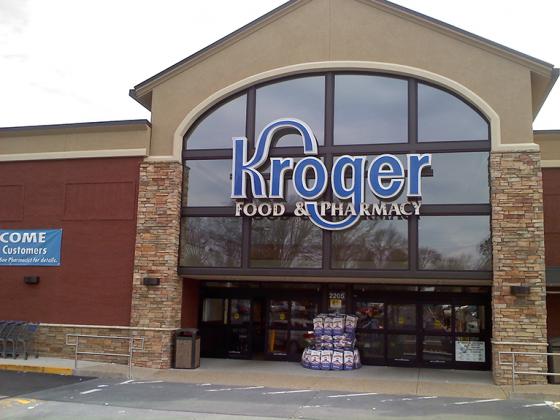Press Releases
Wisconsin Teamsters Put at Risk by Kroger

Kroger Disregards Health of Essential Workers During Pandemic
Press Contact: Thomas J. Bennett Phone: (414) 479-3645 Email: tbennett@teamsterslocal200.com
(MILWAUKEE) – On Tuesday, November 10, Wisconsin Governor Tony Evers (D), signed Executive Order 94 in response to the record setting surge of COVID-19 cases impacting Wisconsinites. Earlier the same day, Kroger without any announcement to Local 200, increased their work force with 75 nonunion workers and growing, creating conditions in an already congested warehouse that place Local 200 members and their families at risk.
“Our Teamsters and their families are priority one. Kroger without notice brought workers from parts unknown with no communication to us or any plan for our members’ health and safety during this crisis in Wisconsin. The actions of Kroger are irresponsible and demonstrate Kroger places profits over safety,” said Tom Bennett, Local 200 Secretary-Treasurer.
The 800 Teamster drivers and warehouse workers work at the 1.1 million square foot Kroger distribution center in Oconomowoc that serves 150 supermarkets throughout Wisconsin, including Pick ’n Save, Copps, Metro Market, and within the Chicagoland area, Mariano’s.
The workers’ contract expired more than a year ago and they are working on an extension agreement that will expire in less than two weeks.
Kroger, a multi-billion dollar corporation, is paying into a workers’ health care fund at 2017 rates and has refused to make changes that will protect the health care of its essential workers during the COVID-19 pandemic. Close to 10 percent of workers have contracted the virus, which is turn has threatened the health of hundreds of their family members.
The main issue for workers is the grocers’ effort to take away affordable health care from them and their families. The health care fund will not be able to maintain current benefits at a 2017 level, which will likely result in higher out of pocket costs and changes to the plan that will negatively impact these essential workers.
“Kroger has asked to use the value and financial strength of the Wisconsin Health Fund like its own personal ATM. The fund has been in existence for 60 years and receives payments from all employers; it’s not there for Kroger to reap from,” Bennett said. “Kroger can afford decent health care for its workers who are working 14-plus hour days in tough conditions. The company’s CEO made $20 million last year. This is a company that can choose the right path and make sure its workers can maintain their health care and work safely, and they would be wise to do so,” Bennett said.